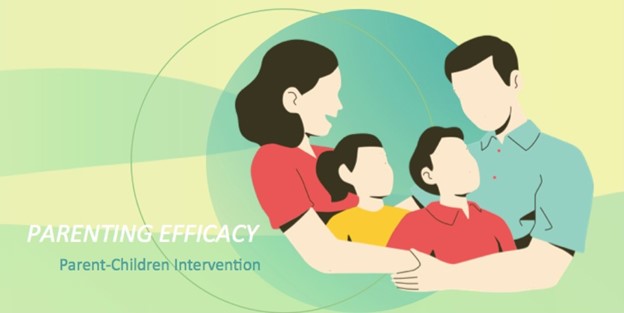In a recent worldwide survey of 540,000 schoolchildren (OECD, 2017), Hong Kong ranked first in terms of school bullying severity among 72 countries and regions. Specifically, 32.3% of Hong Kong students said that they had suffered from bullying in the previous month, which was three times higher than the rate in Taiwan (10.7%) and nearly double that in the United States (18.9%). The Principal Investigator’s (PI’s) recent findings showed that among 9,958 local schoolchildren, 11.2% were reactive aggressors, 2.6% were proactive aggressors, 5.9% were occurring reactive-proactive aggressors, and 22.3% were victims of school bullying (Fung, 2019). Notably, the critical social movement in Hong Kong since June 2019 has seriously affected bullying. The level of aggressiveness, measured by the number of incidents of street fighting, assault, attacks on property and arson, has escalated, and many young protestors have been arrested. In addition, parent-child conflicts intensified after the social movement started. Thus, parental distress and pressure have been increasing, and they showed helplessness in rebuilding the parent-child relationship. Yet, no prior study has investigated the promotion of parenting efficacy and parental involvement to reduce reactive and proactive aggression among children and adolescents. The PI found that authoritarian and permissive parenting styles are positively correlated with developing children with reactive aggression and proactive aggression, respectively, in Hong Kong (Fung, Gerstein, Chan, & Hurley, 2013). Childhood and youth aggression have a high positive correlation with criminal behaviours in adulthood, with the level of aggression at a young age serving as the best predictor of criminal activity over the next 22 years (Huesmann, Eron, & Dubow, 2002). Negative short-term and long-term impacts on schools, families, communities and society, including school bullying, peer victimisation, assaults, family violence, murder and homicide, will continue to increase if no intervention is taken for high-risk youth. The proposed study will fill this research gap and create impact by reducing the number of children and adolescents with reactive and proactive aggression by enhancing parenting efficacy and parental involvement through an innovative parent-child intervention. In past studies, the PI identified controversial results for whether mothers or fathers play a key role in reducing children’s aggression. In the proposed study, we will further explore whether the mother, the father or both parents play the most significant role in reducing reactive and proactive aggression among children and adolescents. The proposed study will be timely and address an important ongoing challenge in Hong Kong.
Social Work and Counselling
Reducing Reactive and Proactive Aggression in Children and Adolescents by Enhancing Parenting Efficacy and Parental Involvement: A Randomised, Blinded, Placebo-Controlled, and Repeated Measures Design Study
Starting Date
Expected Completion Date
Principal Investigator
Dr. FUNG Lai Chu Annis
